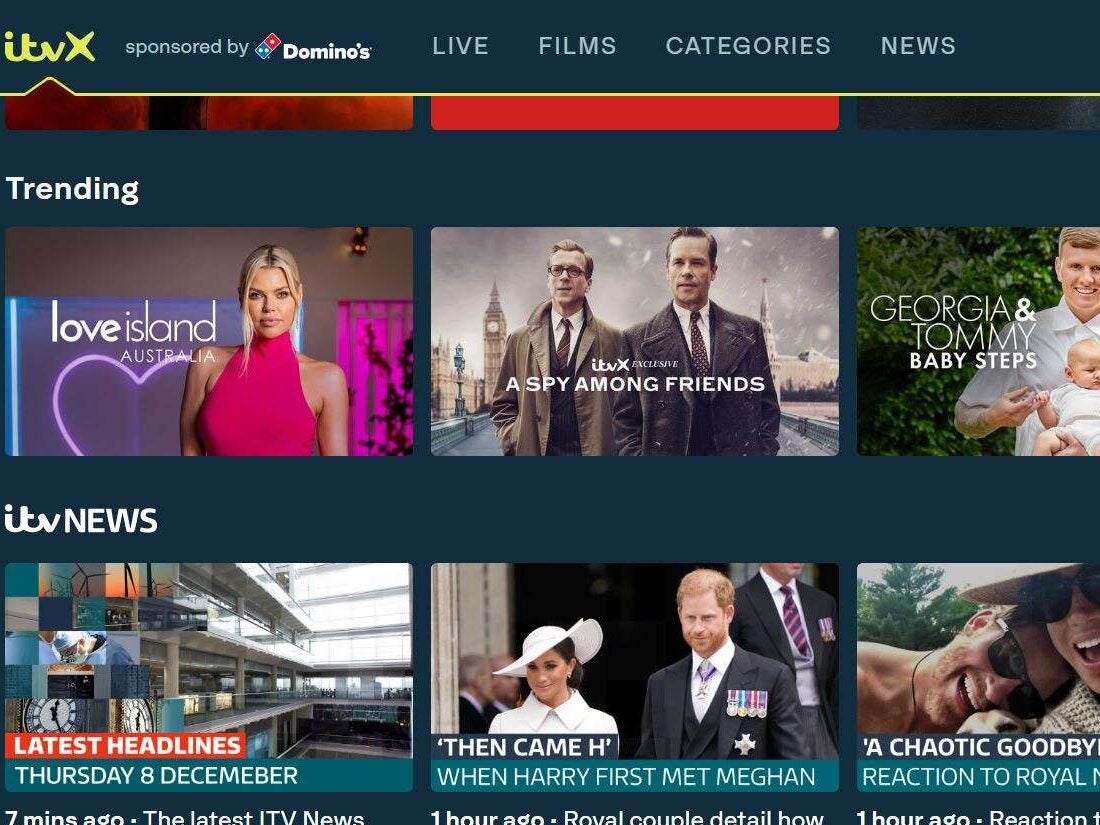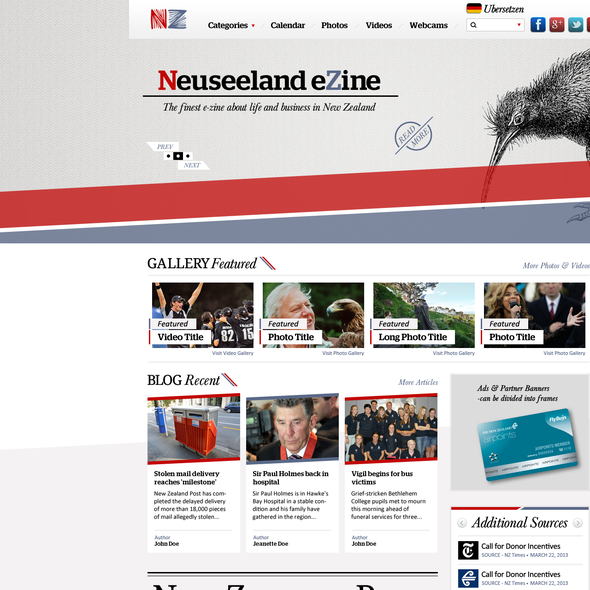8 Easy Facts About News Websites Shown
News Websites Fundamentals Explained
Table of ContentsThe Single Strategy To Use For News WebsitesThe Buzz on News WebsitesAbout News WebsitesRumored Buzz on News WebsitesSome Known Details About News Websites
It was down in the UK and Brazil however up a few other nations, such as Greece, Bulgaria, and Poland (News Websites). This year, for the first time, we asked about the different means that individuals stay clear of the information and located that around half of avoiders (53%) were attempting to do so in a broad-brush or periodic way for instance, by switching off the radio when the news came on, or by scrolling past the news in social networksYou claimed that you attempt to proactively stay clear of news.

I'm most likely choosing to learn more light-hearted stories than I used to right now. M, 51, UK Turning my back on news is the only means I feel I can cope sometimes. I need to knowingly make the effort to avert for the benefit of my own psychological health and wellness.
News Websites for Dummies
Careful evasion of Ukraine news was highest possible in a number of the nations closest to the dispute, enhancing findings from our extra study last year, right after the battle had begun. Our information might not suggest an absence of interest in Ukraine from close-by nations but rather a wish to take care of time or safeguard psychological health and wellness from the really real horrors of battle.
Contrasting Finland with a politically polarised nation such as the United States (see next graph) that is less impacted by the war, we find an extremely various pattern of subject evasion. In the USA, we find that consumers are most likely to avoid subjects such as national politics and social justice, where disputes over concerns such as gender, sexuality, and race have become extremely politicised.
American national politics are rather poisonous these days. I find occasionally that I have to disconnect from stories that just make me upset. F, 61, United States For some people, bitter and dissentious political disputes are a reason to transform off information altogether, however, for some political upholders, evasion is usually concerning blocking out perspectives you don't wish to hear.

The Of News Websites
Some are looking to make information much more available for hard-to-reach groups, expanding the news schedule, commissioning more motivating or positive information, or accepting constructive or options journalism that give individuals advice a sense of hope or personal firm. In our study this year, we asked participants regarding their rate of interest in these various methods.
This explains why tales like Ukraine or national politics execute well with news regulars yet can at the same time transform less interested individuals away (News Websites). Discerning avoiders are less interested in all types of information than non-avoiders yet in relative terms they do seem to be a lot more curious about favorable or solutions-based news

Some Of News Websites
2023). This might be true in the moment, yet with time it seems to be leaving lots of people vacant and less satisfied, which might be threatening our connection with and rely on the news. Throughout markets, general count on information (40%) and rely on the sources individuals utilize themselves (46%) are down by an even more 2 percentage points this year.
With the rear-view mirror, the COVID-19 trust bump is clearly visible in the complying with graph, though the direction of traveling afterwards has actually been mixed. In many cases (e.g. Finland), the depend on rise has actually been preserved, while in others the upturn looks more like a blip in a tale of ongoing long-term decline.
Some of the highest reported levels of media criticism are found in nations with highest degree of distrust, such as Greece, the helpful resources Philippines, the USA, France, and the United Kingdom. The most affordable levels of media criticism are usually in those with higher degrees of trust, such as Finland, Norway, Denmark, and Japan.
Getting The News Websites To Work
This year we asked respondents about their preferences for text, audio and video when consuming news online. On average, we find that the majority still prefer to read the news (57%), rather than watch (30%) or listen to it (13%), but more youthful individuals (under-35s) are more probable to pay attention (17%) than older teams.
Behind the standards we discover considerable and unusual country differences. In markets with a strong reading practice, such as Finland and the UK, around 8 in ten still choose to read online information, yet in India and visit the website Thailand, around 4 in ten (40%) say they choose to watch information online, and in the Philippines that proportion mores than fifty percent (52%).